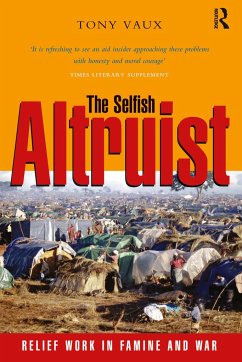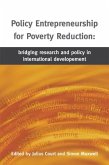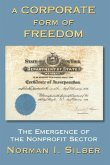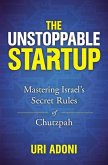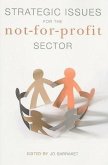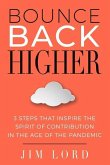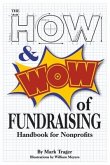Provides an analysis of some of the most traumatic situations involving famine and war of the last two decades, helping us to understand what it takes to be an aid worker and how important humanitarian action is today. Famine and war evoke strong emotional reactions, and for most people there is a limited amount they can do. But the relief worker has to convert emotional responses into practical action and difficult choices - whom to help and how. Their own feelings have to motivate action for others. But can they separate out their own selfish feelings and prejudices in such an emotive climate? How do they avoid being partial among those they are helping? Are they motivated by altruistic concern, or the power they experience or the attention they receive? Tony Vaux brings over 20 years experience as one of Oxfam's leading emergency managers to the exploration of the conflicts between subjective impulses and objective judgements and the dilemmas relief workers contend with.
Hinweis: Dieser Artikel kann nur an eine deutsche Lieferadresse ausgeliefert werden.
Hinweis: Dieser Artikel kann nur an eine deutsche Lieferadresse ausgeliefert werden.

